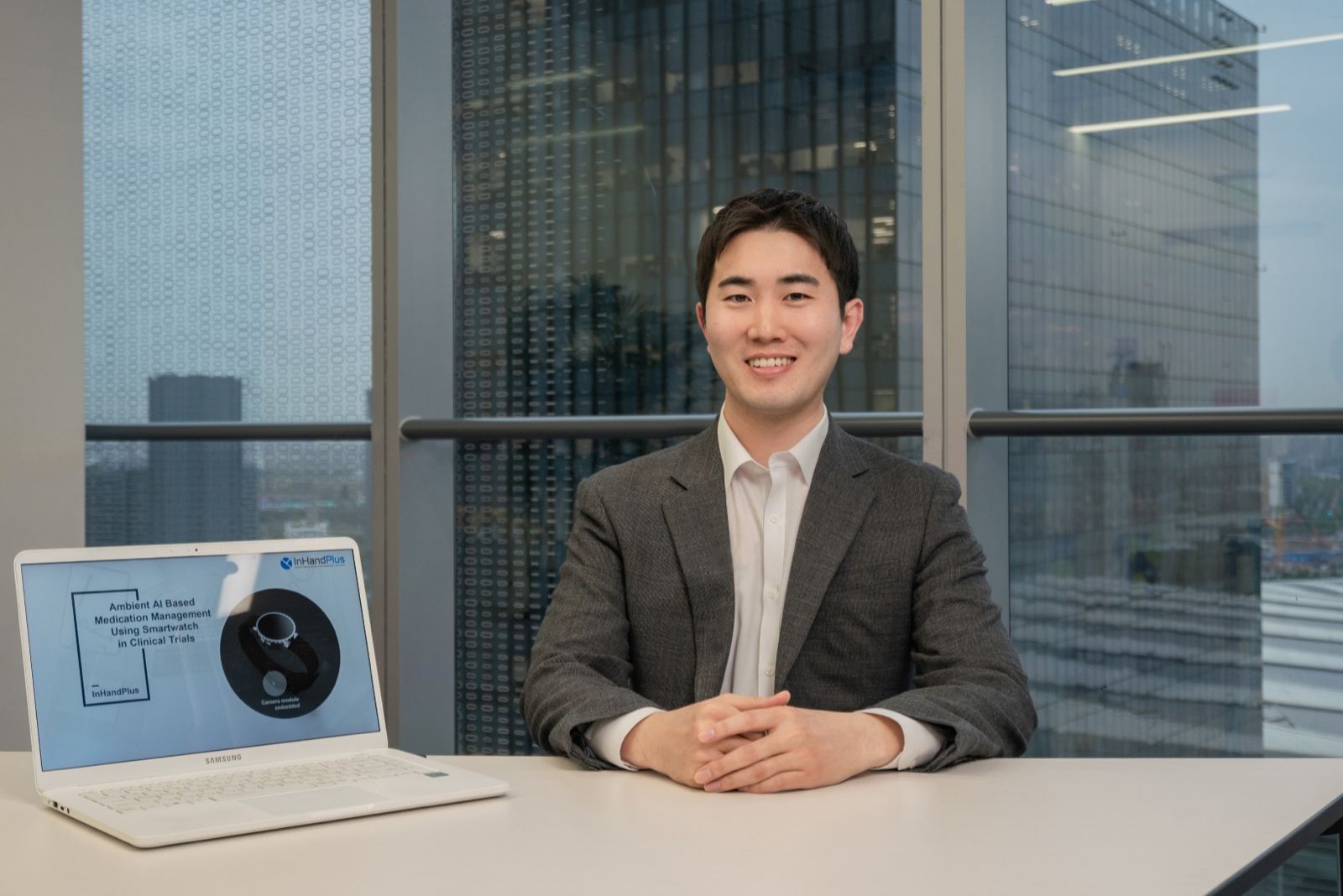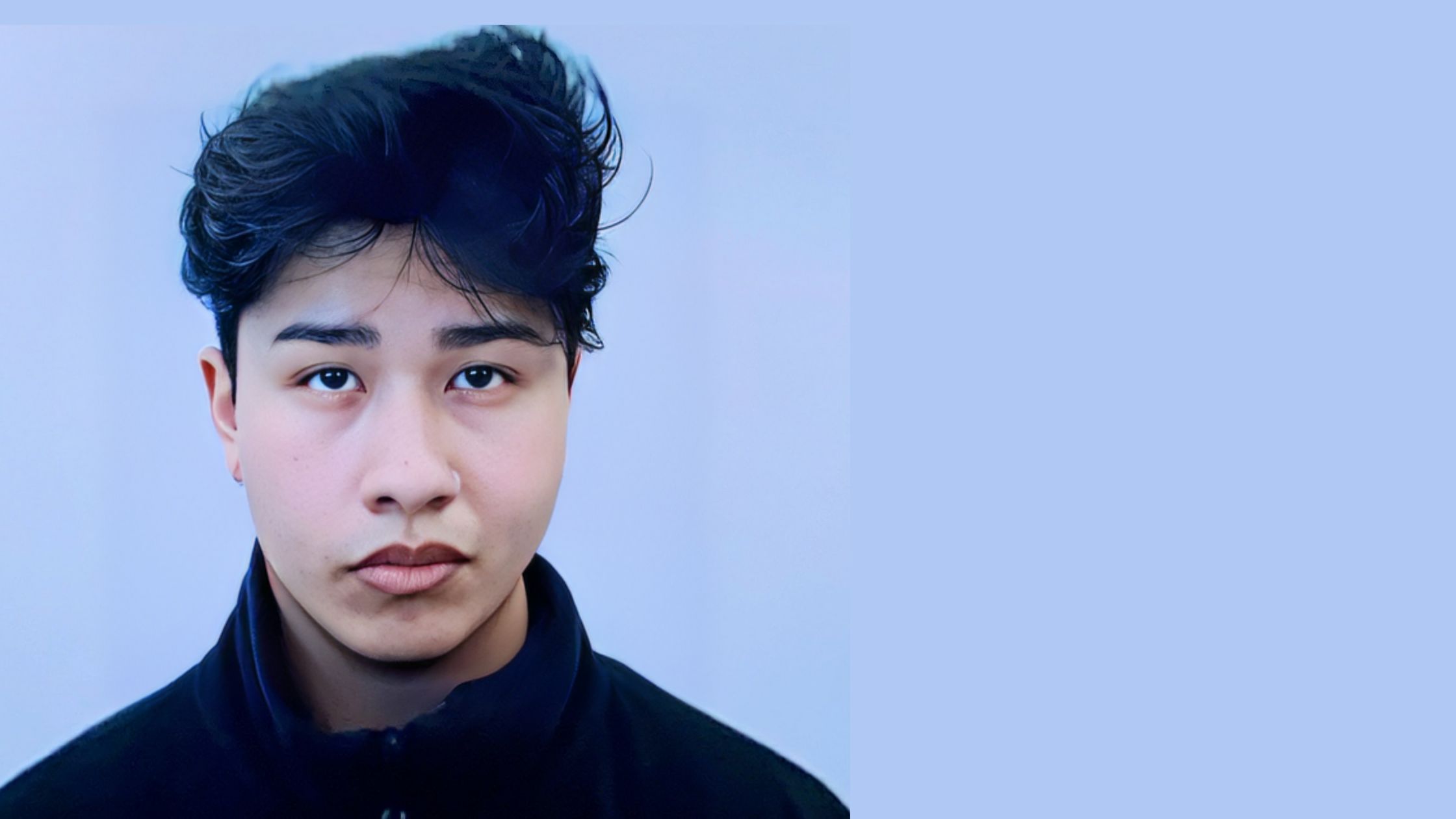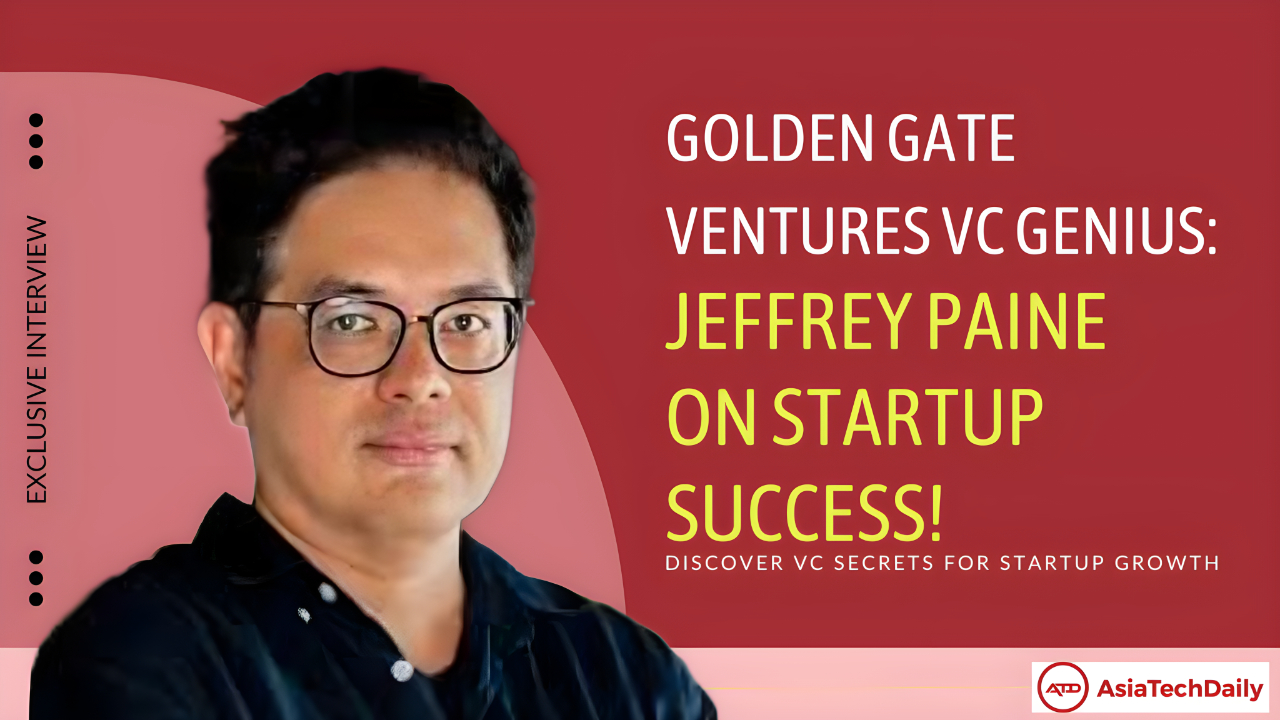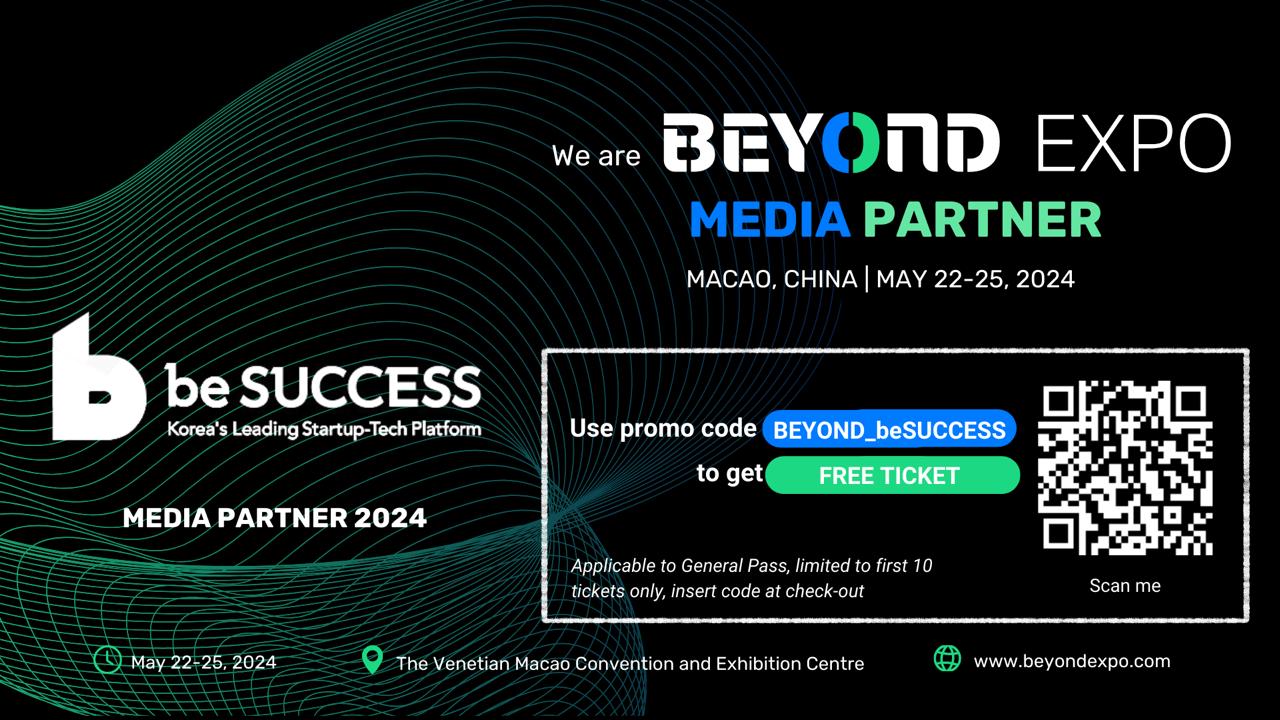AsiaTechDaily – Asia's Leading Tech and Startup Media Platform
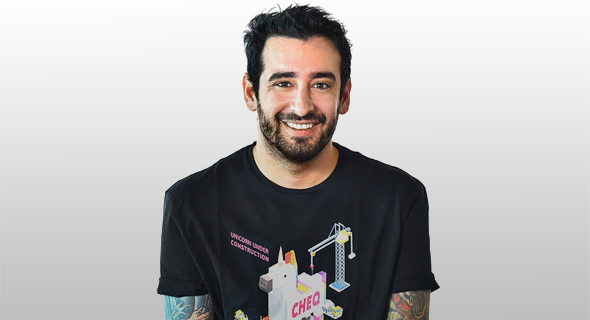
Guy Tytunovich, CHEQ – Disrupting The Ad Verification Space
Guy Tytunovich is the founder and CEO of CHEQ, a global AI-driven cybersecurity company disrupting the ad verification space. Guy began his career as an Israeli military intelligence leader before founding companies in the field of digital media and becoming a leading expert in the field. In 2016, he founded CHEQ, which is the first cyber/NLP-driven ad verification solution.
In an exclusive interview with AsiaTechDaily, Mr. Guy Tytunovich says:
“I would advise any entrepreneur to ask themselves if they are willing to take risks, work 24 hours a day, and make sacrifices because that is what is involved in following this dream. In addition, ask yourself how you feel when you are told ‘no’. Does being told ‘no’ bring you down or is it a challenge to overcome?”
Read on to know more about Guy Tytunovich, CRED, and Guy’s successful journey.
Please tell me about your personal background, and what are you working on currently?
Guy Tytunovich: I started my journey in tech back in 2003 when I joined the research wing of the Israeli defense intelligence. I was admitted to a unique program known as “Haman Talpiot,” which is tasked with breeding the next generation of intelligence leadership. I served there for the better part of a decade. After I concluded my career in military intelligence, I went on to found my first company – Adzouk, a digital media company that went on to be acquired. During my time at Adzouk, I came across the incumbent ad-verification solutions that were attempting to solve the huge issues of brand safety and ad-fraud plaguing the digital media landscape. I felt the solutions available at the time weren’t utilizing the kind of sophisticated tech required to solve such complex challenges, which prompted me to start CHEQ. The idea was to restore trust in digital advertising by launching the first cyber / NLP driven ad-verification solution and finally start fixing these issues with the appropriate tools.
What motivated you to get started with your company?
Guy Tytunovich: During my time becoming proficient in the ecosystem and inner workings of digital advertising I came across the incumbent ad-verification solutions. They were attempting to solve the huge issues of brand safety (ensuring adverts of top brands are not placed in illegal or unsafe contexts online) and ad-fraud. I felt the existing solutions used very blunt and inefficient measures to solve complex challenges facing brands, agencies, and publishers. This prompted me to start CHEQ. The idea was to restore trust in digital advertising by launching the first cyber / NLP driven ad-verification solution and start blocking these issues with the appropriate tools.
How have you attracted users and grown your company from the start?
Guy Tytunovich: In the beginning, I was making lots of calls and asking for introductions to anyone I could think of, telling them we had this fantastic product which was much better than anything that was on the market. I also managed to connect to some business enablers, such as The Bridge Builders, which connected us to major global corporations such as Coca-Cola, Turner, and Mercedes-Benz. This helped us gain a foothold to working with these large enterprises.
What’s your business model, and how have you grown your revenue? What strategy worked best?
Guy Tytunovich: Our business model is a SaaS model involving charging based on the size of traffic we are protecting. We are now protecting trillions of global impressions each year for big brands and agencies.
How much money (funding) have you raised in total so far? When was the recent funding round?
Guy Tytunovich: We have raised $22 million in funding. In November, we raised $16 million in Series B funding led by Battery Ventures and MizMaa Ventures
How do you decide when to go out for fund-raising? What were the internal decision processes in determining when to begin fund-raising, and what were the logistics for this?
Guy Tytunovich: The stage that I began to think about fundraising was when I was absolutely clear I had a product-market fit. However, we were in a fortunate position as we started getting buzz earlier on about our technology and the results we were achieving for clients, and so I was approached directly by VCs rather than having to go out and search for them.
How many investors have you met so far and which among them have invested in your past funding rounds? And how long does it take on average to finalize each funding round?
Guy Tytunovich: We have been lucky to have had more than 100 offers of investment. In the end, I was in the fortunate position to be able to choose the investors that represented the best fit for our vision, culture, and product. Investors such as Battery Ventures and MizMaa Ventures are true partners, who provide advice and support, and have introduced us to many of their portfolio companies to provide our services. This has further accelerated our growth.
How did you meet these investors and which channels worked best for you?
Guy Tytunovich: The investors came to us either through clients we were servicing, or the buzz that we were creating in our key markets of Japan or the US.
What are the biggest challenges you’ve faced and obstacles in the process of fund-raising? If you had to start over, what would you do differently? (Your insight or advice on this would be very helpful for startups)
Guy Tytunovich: Thankfully, because of the way it worked out, I would not change anything. We had a great product-market fit and we have been able to produce clear metrics that were impressive to VCs. If you are a good startup, the investor should be chasing you. That being said, I would advise that startups do research early on about investors that you would ideally like to work with.
What are your milestones for the next round? and what are your goals for the future?
Guy Tytunovich: We have set an aggressive ARR milestone by mid-2020, we want to achieve zero attrition, and continue to hire talent across every position in our offices in the US, Japan, and Tel Aviv. I want to broaden CHEQ’s protective reach online, extend far beyond brands and advertising and ultimately serving as the immune system of the internet, safeguarding a free and more transparent internet. In the short term, there are many exciting new features being launched, goals of building new partnerships, and further shortening of implementation.
What’s the best advice you’ve ever received? and what advice do you have for someone who is interested in doing similar things like yours or in a similar direction?
Guy Tytunovich: The best advice I received is not to listen to someone who says something that goes entirely against your own intuition. I would also advise any entrepreneur to ask themselves if they are willing to take risks, work 24 hours a day, and make sacrifices because that is what is involved in following this dream. In addition, ask yourself how you feel when you are told ‘no’. Does being told ‘no’ bring you down or is it a challenge to overcome?
What are the one or two things that you would do differently if you could go back to 10 years ago?
Guy Tytunovich: In recruiting, I would be slower to hire and quick to fire.
You can follow Guy Tytunovich here.
Are you looking to secure investment for your startup or a keen startup enthusiast, keep an eye on our interview section.
Follow Asia Tech Daily to know about the innovative startups and how they are revolutionizing the ecosystem.


